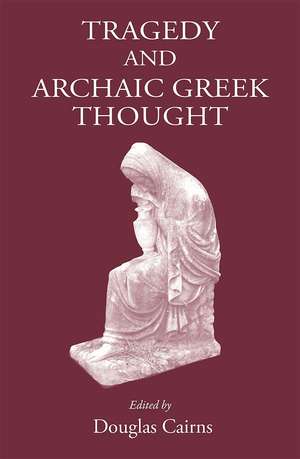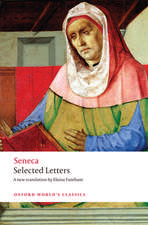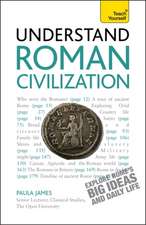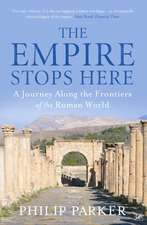Tragedy and Archaic Greek Thought
Editat de D. L. Cairnsen Limba Engleză Hardback – 27 ian 2013
Preț: 428.69 lei
Preț vechi: 502.28 lei
-15% Nou
Puncte Express: 643
Preț estimativ în valută:
82.05€ • 85.34$ • 68.76£
82.05€ • 85.34$ • 68.76£
Carte disponibilă
Livrare economică 21 februarie-07 martie
Preluare comenzi: 021 569.72.76
Specificații
ISBN-13: 9781905125579
ISBN-10: 1905125577
Pagini: 320
Dimensiuni: 156 x 234 x 23 mm
Greutate: 0.68 kg
Editura: The Classical Press of Wales (UK)
Colecția Classical Press of Wales
Locul publicării:United Kingdom
ISBN-10: 1905125577
Pagini: 320
Dimensiuni: 156 x 234 x 23 mm
Greutate: 0.68 kg
Editura: The Classical Press of Wales (UK)
Colecția Classical Press of Wales
Locul publicării:United Kingdom
Notă biografică
Douglas Cairns is Professor of Classics in the University of Edinburgh. His publications on ancient Greek literature and society include Aidos: The psychology and ethics of honour and shame in ancient Greek literature (1993), Bacchylides: Five epinician odes (2010), and Sophocles: Antigone (forthcoming, 2013). For the Classical Press of Wales he has edited or jointly edited Law, Rhetoric, and Comedy in Classical Athens: Essays in honour of D. M. MacDowell (2004), Body Language in the Greek and Roman Worlds (2005), and Dionysalexandros: Essays on Aeschylus and his fellow tragedians in honour of A. F. Garvie (2006).















